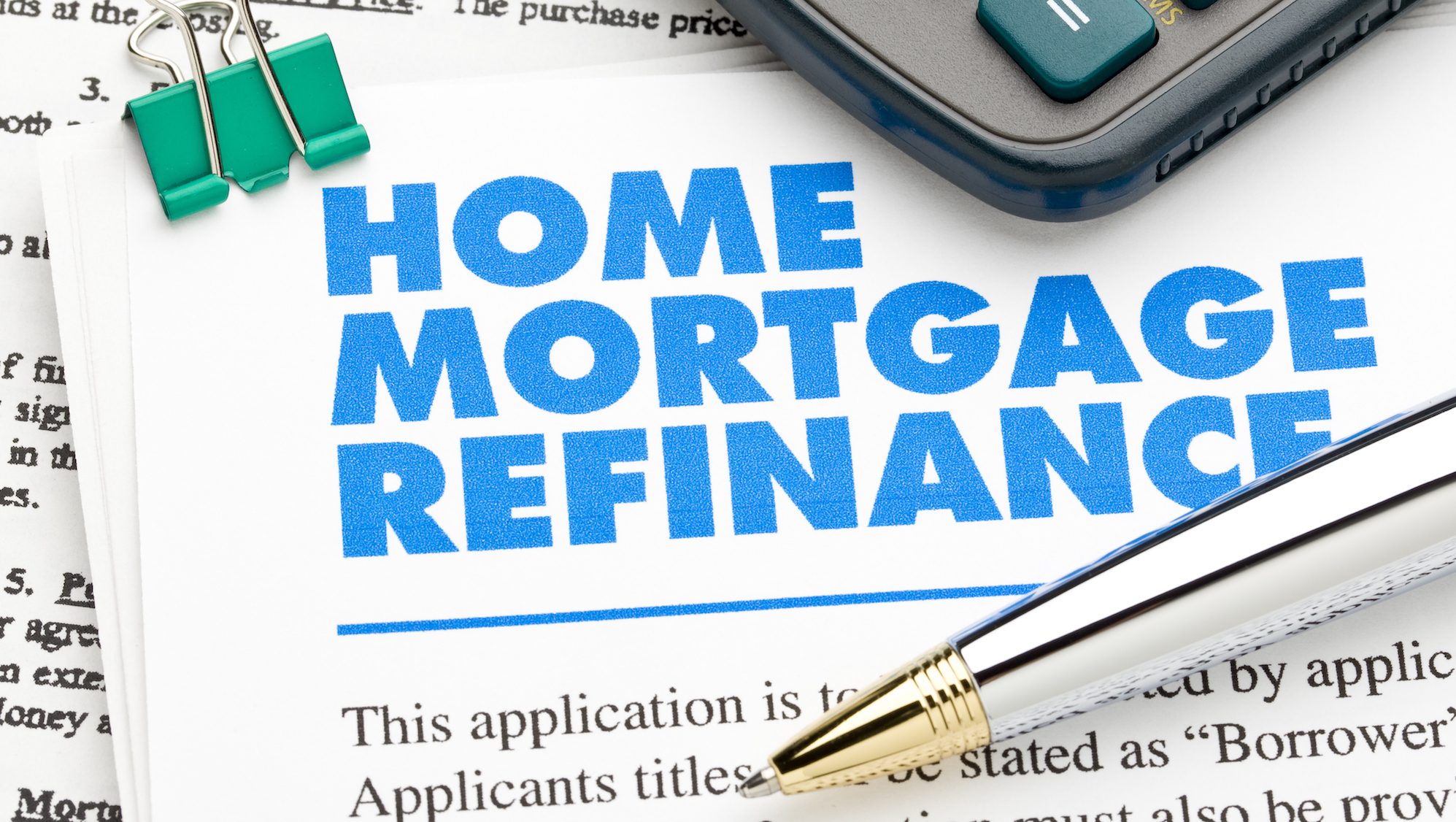
Bill Oxford/Getty Images
One of the bright spots of the pandemic and ensuing financial pain for homeowners is that they’ve been able to refinance their mortgages at record-low rates—and save quite a bit of cash. That’s about to change.
Fannie Mae and Freddie Mac will be charging lenders a new fee on refinances that is likely be passed along to borrowers.
The 0.5% fee roughly translates into an average $1,400 added onto the cost of a refinance, but can be higher or lower, depending on the size of the loan. The new charge is likely to go into effect on Sept. 1.
“The fees seem to be ill-timed, particularly in light of the slowing economy,” says realtor.com®’s senior economist, George Ratiu. “It places a burden on homeowners, who may already be strapped for cash.”
Over the last few months, homeowners have rushed to refinance their mortgages as rates have fallen to record lows, below 3%.
A lower mortgage interest rate has the potential to reduce a monthly loan payment by more than $100—and add up to tens of thousands of dollars of savings over the life of a 30-year mortgage.
Rates averaged 2.96% for 30-year, fixed-rate loans in the week ending Aug. 13, according to Freddie Mac.
Nearly 18 million remaining homeowners could shave at least 0.75% off their mortgage rate by refinancing, according to Black Knight, a technology, data, and analytics company. The extra fee could discourage some of these folks from seeking to refinance.
“Any time regulators jack up fees for lenders, it’s the consumer that ends up paying,” Matthew Graham, chief operating officer of Mortgage News Daily, wrote in a recent piece.
“In fact, lenders are ALREADY sending out reprice notifications to raise rates for those loans still eligible to lock today. In other words, if it’s not already locked, your refi just got hit for 0.5 points.”
The change is being made by the Federal Housing Finance Agency, which oversees Fannie and Freddie, as a way to ward off potential losses as a result of the pandemic-induced recession.
The fear is that with double-digit employment, many homeowners may not be able to pay for the mortgages guaranteed by Fannie and Freddie. That could result in properties sliding into foreclosure, once the coronavirus protections expire.
“Diluting the benefit of refinancing and discouraging homeowners from doing so during the worst economic downturn in 90 years doesn’t make sense,” Bankrate.com’s chief financial analyst, Greg McBride, said in a statement.
“As if there aren’t enough fees involved in refinancing, as if the process doesn’t contain enough unwelcome surprises for the borrower, now you have this.”
The post Why Refinancing Your Mortgage Is About To Get More Expensive appeared first on Real Estate News & Insights | realtor.com®.
